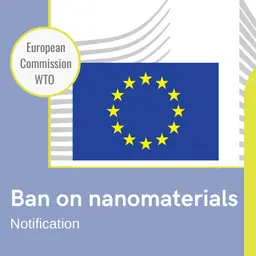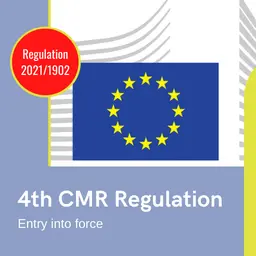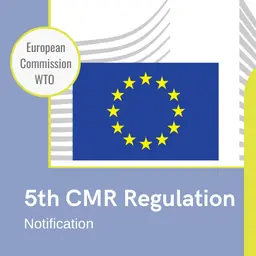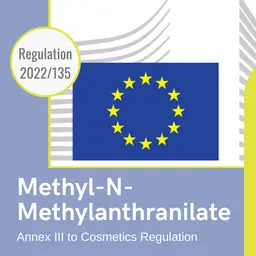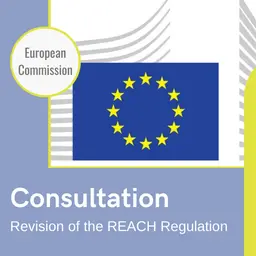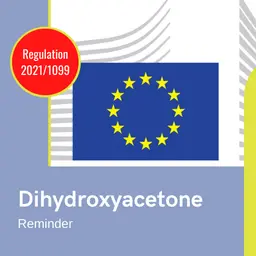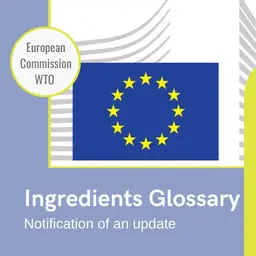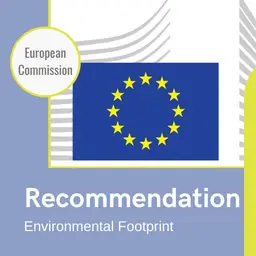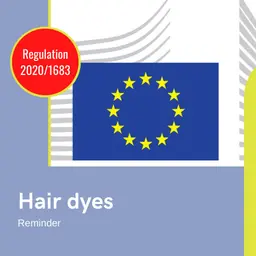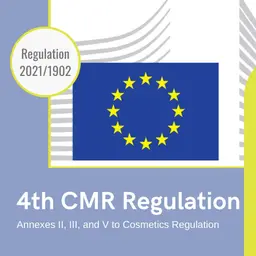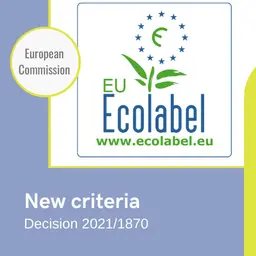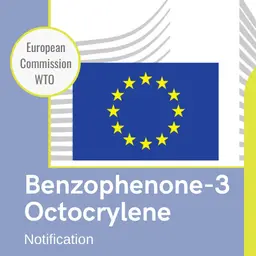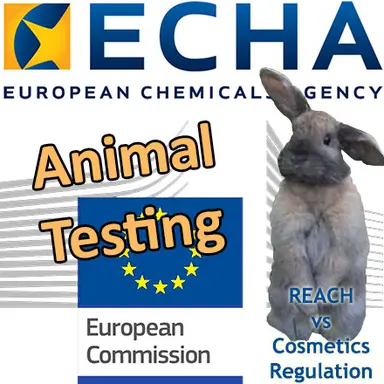
These are two decisions of the Board of Appeal of the European Chemicals Agency (ECHA) that are likely to be at least partly misunderstood and even provoke indignation among many stakeholders in the debate on animal testing. In two cases of appeals against ECHA decisions requiring animal testing of ingredients used exclusively in cosmetics under the REACH Regulation, the Board ruled in favour of the Agency. Even though the Cosmetics Regulation 1223/2009 prohibits them a priori in its Article 18.
In a press release of 18 August 2020, the European chemicals agency announces that “the ECHA Board of Appeal has adopted two important decisions which examine the links between REACH and the Cosmetics Regulation with regard to the requirements for testing on animals.”
The two cases in question originated in the context of compliance checks of REACH registration dossiers for two UV filters used exclusively in cosmetics: Homosalate and Ethylhexyl Salicylate.
In both cases, ECHA required the registrant to carry out several studies on vertebrate animals in order to fulfil registration requirements or human health endpoints. In one of the two cases, ECHA also required the registrant to carry out a fish sexual development test.
Vertebrate animal testing on cosmetic ingredients
Agency’s press release explains that the registrant argued before the Board of Appeal that ECHA cannot require studies on vertebrate animals for human health endpoints because the substances are used exclusively as ingredients in cosmetic products.
The Board of Appeal found that the REACH Regulation requires registrants to perform studies on vertebrate animals even if the substance is used exclusively as an ingredient in cosmetic products. The REACH Regulation does not contain an automatic exemption from the information requirements …

